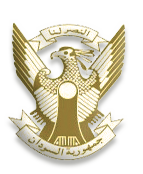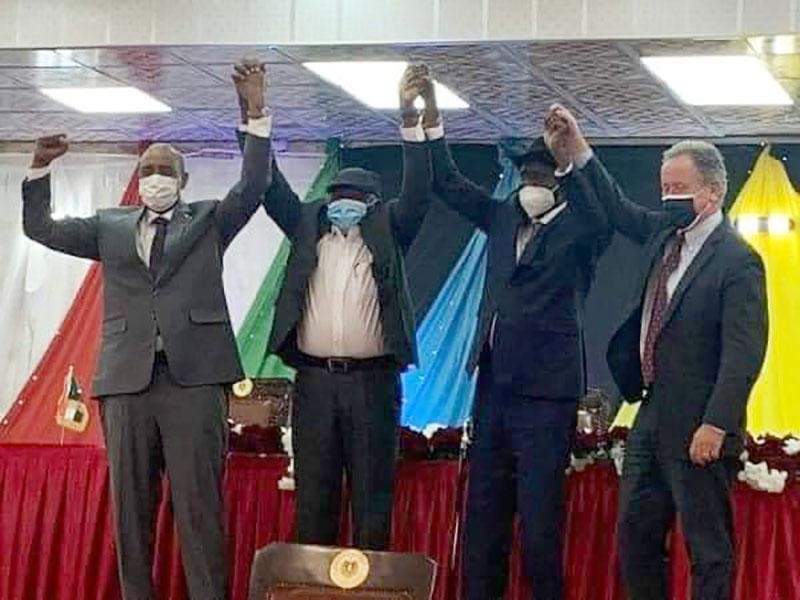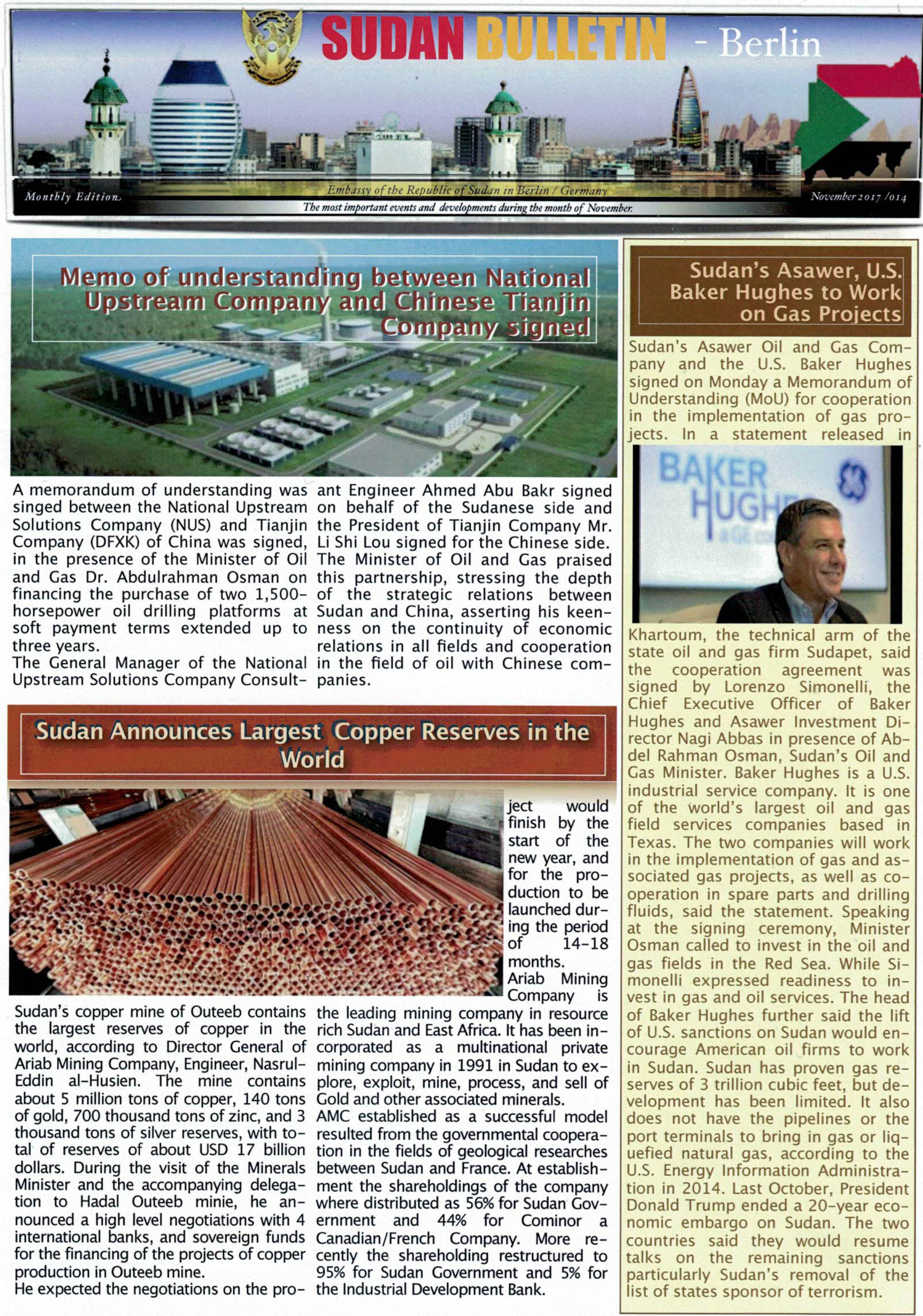Embassy of the Republic of the Sudan in Berlin
سفارة جمهورية السودان ببرلين

Text of Declaration of Principles between Transitional Government of Sudan and Sudan People’s Liberation Movement-North
Juba, March 28 (SUNA) - Hereunder Sudan News Agency publishes text of the Declaration of Principles between the Transitional Government of Sudan and the Sudan People’s Liberation Movement-North:- “Declaration of Principles between the Transitional Government of Sudan and the Sudan People’s Liberation Movement-North,

28th March of the year 2021,
Juba, Republic of South Sudan
We the delegations of the Transitional Government of the Sudan, hereinafter referred to as “Government of Sudan” and the Sudan People’s Liberation Movement-North, hereinafter referred to as SPLM-N.;
Taking into account all the previous talks that took place between the government of Sudan and SPLM-N;
And in mind the sense of the long and continuous suffering of the citizens in war zones, and the damages that the war causes on all Sudanese;
Believing that the glorious December Revolution, that the young women and men of Sudan and the revolutions of the armed struggle movements that imbued with enormous blood and sacrifices, and which have created, a historic opportunity to address the root causes of the Sudanese crisis and build a citizenship state that accommodates all;
Emphasizing the importance of reaching a comprehensive, negotiated peace agreement that puts a logical end to the war in Sudan;
The two parties agreed that the following principles form the basis for resolving the conflict in Sudan:
1/ The two parties agree to work together to achieve and consolidate the sovereignty, independence and territorial integrity of Sudan.
2/ Any comprehensive solution to the Sudanese problem requires all parties to recognize and affirm the following:
The history and nature of the conflict in Sudan confirm that a military solution can not lead to lasting peace and stability in the country; A peaceful and just political solution to the conflict in Sudan must be a common goal of the parties to the negotiations.”
2-1: Sudan is racially, ethnically, religiously and culturally a diverse state; therefore, this diversity must be fully recognized and managed, and the question of national identity be addressed.
2-2: Emphasize the right of the peoples of the regions of the Sudan to manage their affairs through decentralization or federalism.
2-3: The establishment of a civil, democratic, federal State in Sudan, wherein, the freedom of religion, the freedom of belief and religious practices and worship shall be guaranteed to all Sudanese people by separating the identities of culture, region, ethnicity and religion from the state. No religion shall be imposed on anyone and the State shall not adopt any official religion. The State shall be impartial in terms of religious matters and matters of faith and conscience. The State shall guarantee and protect the freedom of religion and practices. These principles shall be enshrined in the constitution.
2-4: Personal status laws are based on religion, custom and traditional beliefs in a way that does not conflict with basic rights;
2-5: Achieving justice in the distribution of power and wealth among all the peoples of the Sudanese regions to combat marginalization developmentally, culturally, taking into account the affirmative action of the war regions.
2-6: Human, women and children rights that are enshrined in international covenants and covenants which are ratified shall be incorporated in the peace agreement.
2-7: Emphasize that the government of Sudan has taken the necessary measures to accede to the international and African human rights charters and covenants that have not been ratified by the Republic of Sudan.
3: Sudan shall have a single professional national army that operates according to a new unified military doctrine that is committed to protecting national security in accordance with the constitution; security and military institutions shall reflect Sudanese diversity and their allegiance shall be to the country and not any other political parties or groups. The process of integration and unification of forces shall be gradual and completed by the end of the transitional period and after resolution of the relationship between religion and state by the constitution as referred to in Paragraph 2-3 herein.
4: Agreement on transitional arrangements between the two parties that include the period, tasks, mechanism, budgets and others.
5: What is agreed upon between the two parties will be considered in the process of developing the constitutional charter to become a permanent constitution at the end of the transitional period.
6: The two parties will agree to a permanent ceasefire once the security arrangements are agreed upon as part of the comprehensive settlement of the conflict in Sudan.
Agreed and signed in Juba, Republic of South Sudan, on this 28th. March of the year 2021.” BT/BT
